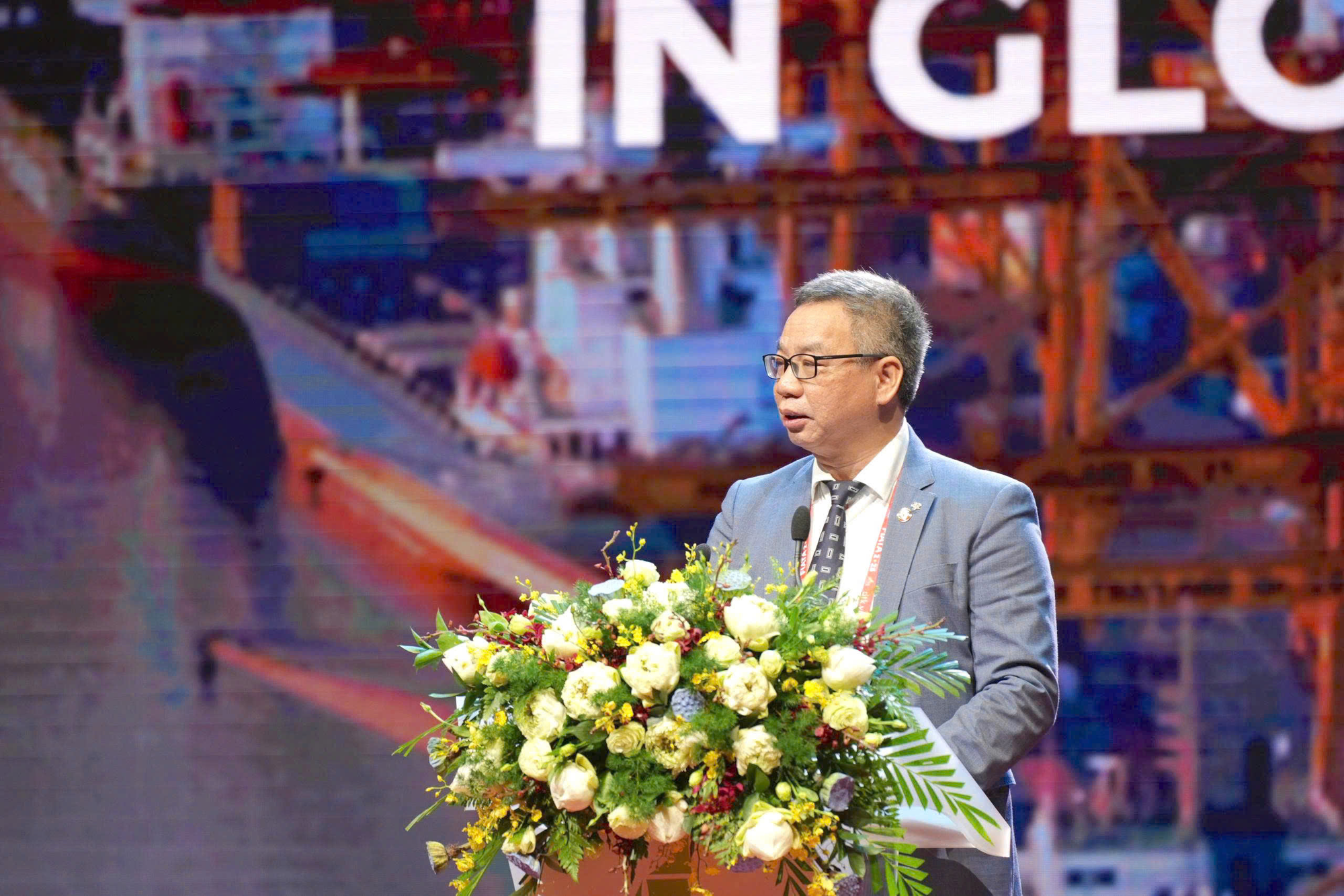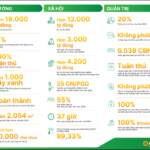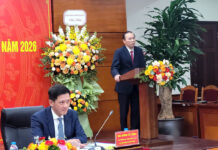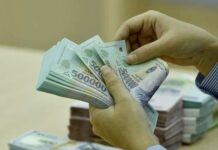On the morning of October 8th, the FIATA World Congress 2025 officially opened at the National Convention Center in Hanoi, under the theme “Green Logistics, Rapid Adaptation.” This marks the first time Vietnam has hosted this prestigious event, aiming to promote green transformation, enhance supply chain resilience, and underscore the role of logistics in sustainable development.
Organized by the Vietnam Logistics Business Association (VLA) in collaboration with FIATA and international partners, the congress attracted over 1,000 delegates from more than 100 countries. Attendees included global leaders, policymakers, association heads, logistics and transportation executives, export-import experts, and leading industry professionals.
Vietnam’s Rising Global Logistics Prominence
In his opening remarks, Mr. Turgut Erkeskin, FIATA Chairman, highlighted that this year’s congress brought together top global logistics experts to elevate Vietnam’s logistics sector to new heights.

Mr. Turgut Erkeskin, FIATA Chairman, delivering the opening speech
“Vietnam is an inspiring destination. As a burgeoning logistics hub at the crossroads of the Asia-Pacific supply chain, Vietnam demonstrates how infrastructure, innovation, and integration can effectively connect markets and communities,” emphasized Mr. Erkeskin.
According to Mr. Erkeskin, Vietnam’s logistics sector has set ambitious goals, including reducing logistics costs to 15% of GDP and increasing the industry’s contribution to GDP to 15%. Additionally, Vietnam aims to expand its global logistics market share. To achieve these objectives, Vietnam must enhance operational efficiency, optimize multimodal transport, and accelerate digitalization—areas where FIATA can provide support.
Mr. Đào Trọng Khoa, Chairman of the Vietnam Logistics Business Association, noted that this is the first time Vietnam has hosted this esteemed event, welcoming over 1,000 delegates from more than 100 countries.
“Today’s congress not only underscores Vietnam’s growing global logistics stature but also reflects the international community’s trust in our nation,” affirmed Mr. Khoa.

Mr. Đào Trọng Khoa, Chairman of the Vietnam Logistics Business Association
Mr. Khoa highlighted that Vietnam’s dynamic economy is deeply integrated into the global supply chain. With impressive trade growth, the country’s total trade volume is projected to exceed $800 billion by 2025. Vietnam boasts over 45,000 logistics companies, including 5,000 international freight forwarders, playing a pivotal role in economic development.
He added that Vietnam’s logistics market is valued at approximately $70–80 billion, with the potential to become a new ASEAN logistics hub. The Vietnamese government has issued strategic resolutions to promote green logistics, modern infrastructure, and international integration. These initiatives serve as a foundation for enhanced cooperation, technology transfer, and innovation among nations.
“Green and Agile Logistics” is Imperative
The FIATA Chairman noted that the logistics sector is undergoing profound global changes. Shifts in trade and geopolitics, the rise of e-commerce, technological advancements, and the urgent need for sustainability are reshaping supply chains. Sustainability is no longer just a slogan but a new business model in logistics.
Mr. Đào Trọng Khoa emphasized, “In this context, Green and Agile Logistics is critically essential. We need a sustainable, green, and flexible logistics ecosystem to overcome crises and build the future.”
He further mentioned that the Vietnamese government has issued several resolutions and strategies for green logistics development, such as the National Green Growth Strategy for 2021–2030, with a vision to 2050.
Specifically, the National Green Growth Strategy and the National Action Plan on Green Growth identify logistics as one of 18 priority sectors. These initiatives are key to achieving net-zero emissions by 2050 and enhancing the economy’s competitiveness.
Additionally, Mr. Khoa noted that Vietnam’s logistics costs currently account for 16–18% of GDP, higher than the global average of 10–12%, while logistics also contributes 8–10% of CO₂ emissions. This underscores the urgent need to reduce costs and “green” operations, thereby creating a sustainable competitive advantage.
The FIATA World Congress 2025 will continue until October 10th, featuring numerous plenary sessions and specialized workshops. The exhibition area has also drawn significant attention, providing opportunities for domestic and international businesses to showcase their brands and forge partnerships.
The event is expected to catalyze international investment in Vietnam’s logistics infrastructure, further establishing the country as a dynamic logistics hub in the Asia-Pacific region.
“Mega Port” by Bau Hien Set to Feature Massive Air Cargo Warehouse Expansion
At the International Federation of Freight Forwarders Associations World Congress (FWC 2025), Vietnam SuperPortTM, a joint venture between YCH Group (Singapore) and T&T Group (Vietnam), unveiled its groundbreaking Airside Warehouse. This state-of-the-art facility stands as a cornerstone of the multimodal logistics hub located in Phu Tho Province.













































